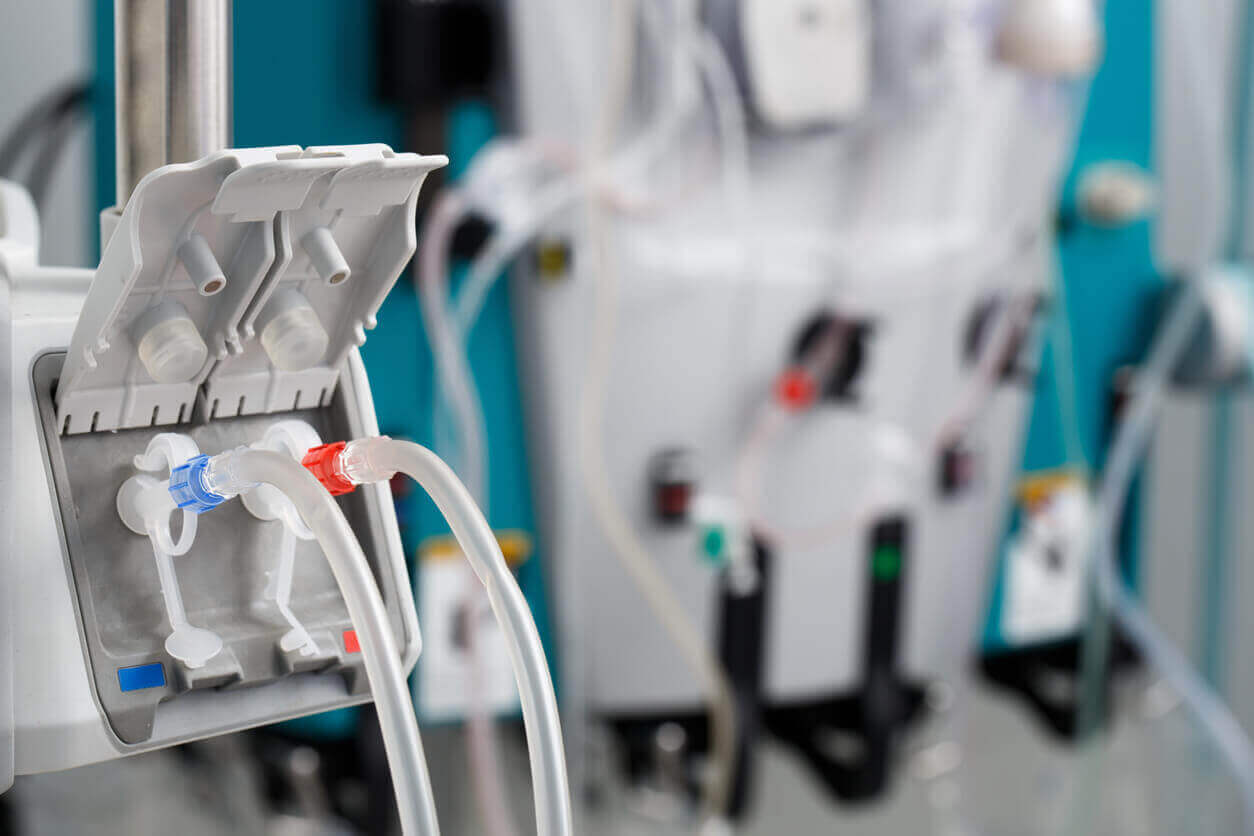Every tiny organ in your body serves a huge purpose when it comes to maintaining optimal internal function. Your kidneys are very small organs, but they are vitally important for controlling the quality of our blood and ensuring that no waste enters our bloodstream and reaches our hearts. When patients have failing kidneys, or only have one or no kidneys, they are at risk for developing a buildup of waste in their bloodstream, and can either require a transplant, or dialysis, depending on the situation. Find out more about how your kidneys function, what it means when one or both fail, and what signs can identify your need for dialysis treatment with an in-depth article from Dr. Gura. To get in touch with a dialysis specialist in Beverly Hills, book an appointment with a highly rated physician you can trust by calling Dr. Gura’s office now!
Why Are Your Kidneys So Important?
The primary function of the kidney is to ensure that the waste in your body is properly filtered out through your system so that no waste ends up diluting your blood. To do this efficiently, the kidneys need to operate at a high level to maintain the amount of unnecessary aspects in the best way. Our kidneys are also responsible for the regulation of our blood pressure, red blood cell production and electrolyte balance in the body. When kidney failure begins, it is the culmination of a long period of time where your kidneys are not able to dispose of the waste that is constantly being added to your body. This buildupof disposable products leads to kidney failure and can cause symptoms like swelling in your body, shortness of breath throughout normal activities, an overall feeling of sleep deprivation, and the most recognizable of all; a yellow pigmentation in skin. When kidney patients are at the height of their sickness, their bodies can become completely yellow in hue due to the lack of healthy blood flow.
What Are the Signs That You Need Dialysis?
With the initial symptoms of kidney failure being very vague, it’s important to know what the most severe signs are so you can catch it before major damage has been done. Patients can have both acute and severe kidney failure depending on their habits, symptoms and overall health. When kidneys become inflamed, they can affect the efficiency of waste disposal throughout your body. When the dialysis treatment is applied to a patient, the treatment acts as a normal kidney would, and monitors the waste disposal process in the body. Find out more about if you need a dialysis specialist in Beverly Hills today when you schedule your first appointment with Dr. Gura!
Patients are recommended to begin dialysis when severe kidney damage has occurred, and there are two different kinds of dialysis that may be prescribed. The first is hemodialysis, which means your blood is filtered through an external system that removes blood from your body as it is pumped, cleans it, and replenishes it back into your body. The second method is called peritoneal dialysis. With this treatment, blood is cleaned internally through a system that puts medicated fluid into your stomach to draw the blood into a small cavity, where waste can be effectively removed and then drained. Patients on peritoneal dialysis can usually be treated at home, while patients with the external hemodialysis treatment are usually admitted staying in the hospital for observation. Patients who require dialysis are very severe candidates that do not have the ability to filter waste through the use of their own organs. Schedule your first appointment to see a dialysis specialist in Beverly Hills today to get treatment right away with help from the certified and highly recommended Dr. Gura today!

